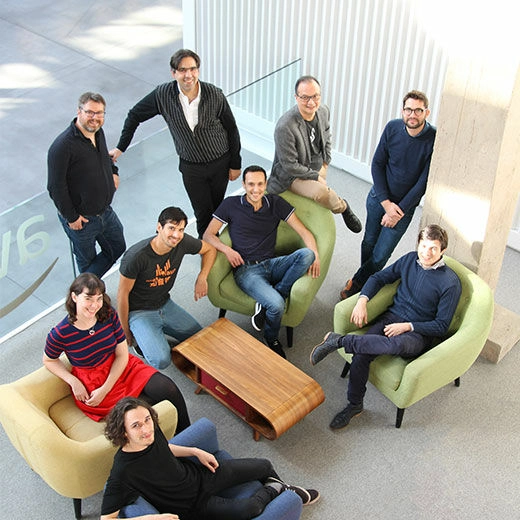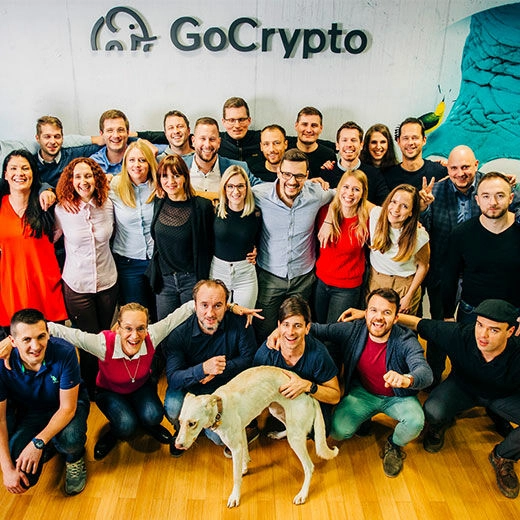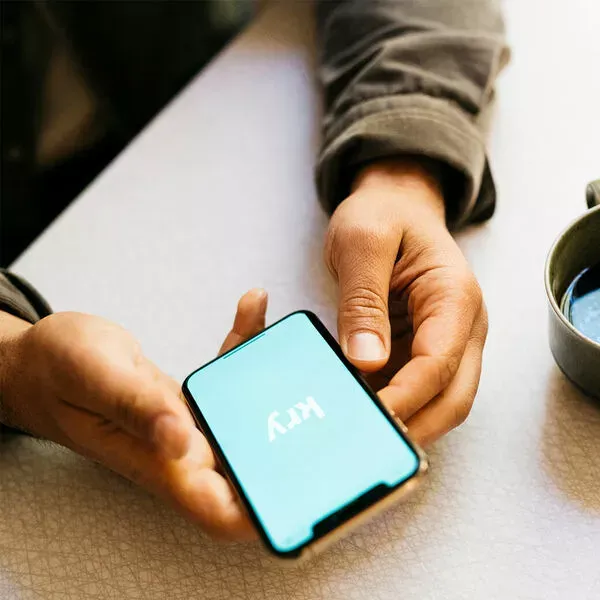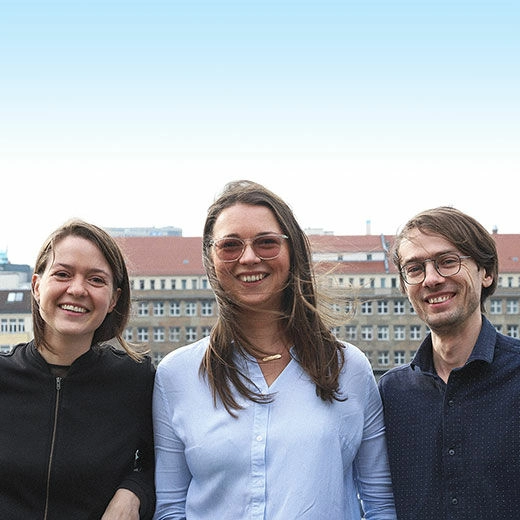A strategic decision to localize from day zero
There are many more good boys and girls in this world thanks to Dogo app – a mobile app that helps people train their dogs at home. Founded by iOS developer Tadas, his wife Rasa who's a veterinarian, and Eliza who is responsible for business development and sales, today the app is used in 221 countries around the globe.
Coming from Lithuania, a small country of just 2.79 million inhabitants, the founders made a strategic decision to localize their app from day zero. Not only because that would open up a wider market for the app, but also because Tadas believes that people appreciate the chance to use a product in their own language.
The app was partly translated by Rasa who is fluent in four languages, partly by translators they outsourced via Lokalise and partly by Dogo's users – or ''superfans'', as Tadas calls them. Those are the people who were just really happy with the product and thus willing to contribute.
The ease of adding and managing collaborators played a great role when choosing a translation management system – and was one of the main reasons why the team chose Lokalise.
The most important factor [for choosing Lokalise] was the ease of use for translators. We get a lot of help from our superfans, as well as family and friends. If the system is annoying to use for the people who do translations, they would not be willing to do it ever again. So for us, it was very important to ensure a pleasant experience for these contributors.
Another factor was the API, which allowed them to integrate Lokalise into their development process. ''You can feel that it's built by developers, for developers,'' says Tadas.
The team has connected Lokalise with a bunch of other tools that they use on a daily basis – GitLab, Sketch, Contentful and Fastlane. The API and direct integrations with these tools allow for smooth and effortless content and data synchronization, which, according to Tadas, makes a big difference.
The Dogo app's designer was especially happy about the Sketch integration. With every new language, there were more and more screens to translate.
The Sketch integration helped the designer to save a huge amount of time – instead of spending a whole week creating screenshots, he'd only spend a day.
Finally, Lokalise also stood out with the fact that it's adapted to many different languages and their peculiarities, such as pluralizations and grammatical gender.
''In English or German you don't have these issues, but with Lithuanian or Russian – you have all these different word forms and if the system doesn't know this, it's a big pain. So, I was super happy that Lokalise had thought about it.''
Key features used:
- Plurals
- Tasks
- Glossary
- Screenshots
Managing 10 languages and a bunch of contributors with ease
Altogether, there are six people that are continuously working on the app localization, with the product's superfans joining the project now and then.
The founders believe that their decision to localize their app is the key to their success. Dogo app is frequently featured by Apple on the App Store, it has been named ''App of the day'', and Tadas thinks that it has a lot to do with the fact that their app is available in different languages.
Having such a nice platform that makes it so easy to manage all these different languages has made a big difference for us.
The creators of Dogo app have been using Lokalise since day one and haven’t taken so much as a peek at other translation management systems.
''We're super happy with Lokalise,'' says Tadas, who recommends translating products through Lokalise to other businesses.
''It's very important to localize even if you only operate in the US, for example. You should still translate your product to Spanish since it's a big community and having a product in this language gives you a competitive edge. It's also much easier to compete in other languages – English is super crowded now.''
You don't need a lot of customers in one country to start localizing. It's enough if you have some customers in a lot of different countries. Altogether, they still make a big group of people.
Data:
- 10 languages available
- 3 years in the market
- Used in 221 countries
- 2M app downloads
- 200K active monthly users
Read more case studies

Antescofo restyles the music practice with the help of AI and Lokalise

With efficient localization towards fast-growing user base
Case studies

Behind the scenes of localization with one of Europe’s leading digital health providers
Read more Case studies
Support
Company
Localization workflow for your web and mobile apps, games and digital content.
©2017-2026
All Rights Reserved.

